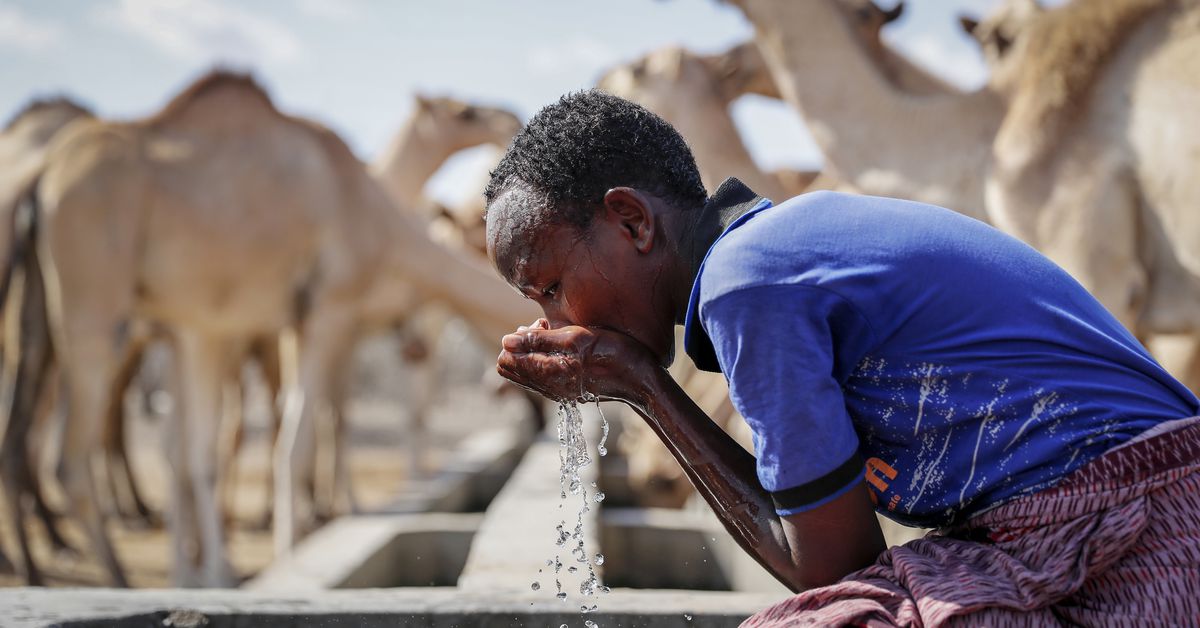About Us
HELPING PEOPLE DEVELOP SAFE AND SUSTAINABLE WATER
HOW WE OPERATE
Water For Life's mission is to help communities in need to develop safe and sustainable water sources. By combining formal instruction with hands-on training, we teach people how to construct and maintain their own local water resources. Our focus is not merely to provide safe drinking to those in need; our goal is to help people gain the knowledge and experience they need to support themselves and their communities. Water for Life uses a combination of appropriate water technologies, water health education and basic research so that communities can identify and solve their water problems. Our mission is not to simply provide safe water to those in need, but to train individuals and communities to create and maintain their own local water resources. We do so by a highly interactive process combining formal instruction with hands-on training.
Water for Life operates with an all volunteer staff, many of whom raise their own support as well as the finances needed to complete their projects. A typical project for us costs about $4000, with the local community providing about $1000 of this amount. If you are interested in sponsoring a specific school, contributing generally toward our work in Rwanda.
With an independent board of directors and financial structure, Water for Life serves communities in need around the world, regardless of race, religion or ethnicity. Water for Life uses a combination of appropriate water technologies, water health education and basic research so that communities can identify and solve their water problems. Our mission is not to simply provide safe water to those in need, but to train individuals and communities to create and maintain their own local water resources. We do so by a highly interactive process combining formal instruction with hands-on training.
In just the first year following the provision of water, sanitation, and hygiene to a school, student absentee days due to illnesses typically drop by between 20-25%. Similar effects, though more difficult to quantify, can be seen when water for hygiene and sanitation are made available to health clinic staff for aiding in medical procedures and birthing rooms. The long-term success of our work is dependent upon the local community taking ownership of their own water resources. As such, all of our projects are directed with Rwandan leadership and completed by local labor with local materials.
